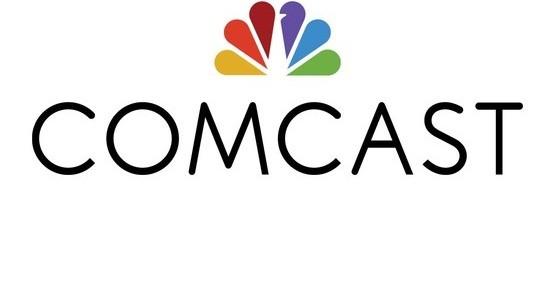Complaining about Comcast has become a national pastime, a sport so intense that it rivals even the NFL for instilling passion. It has customer service issues so legendary and seemingly without end that it is enough to make you think the cable giant has no idea that there are actual people using its services. (Although, apparently, it does.) For Philadelphians, the animosity has an even sharper edge: Comcast is our hometown success story. It’s the largest media company in the world, whose towers cast long shadows over Center City. But it has long since stopped feeling like part of Philadelphia.
In part, that’s because many Philadelphians have only one of two experiences with Comcast: Horrible service, or no service at all. A study released in the spring found that more than 25 percent of those surveyed were dissatisfied with Comcast. (The company disputes the study.) An Inquirer analysis of Census Data in March ranked Philadelphia 23 of the nation’s 25 major cities in terms of broadband penetration, or high speed Internet access. We have the largest digital divide in the country, which means thousands of poor residents have no Internet access at home at all. And we have schools that rank among the lowest in access to technology. Meanwhile, Comcast gets rewarded with tax breaks, and real estate deals to stay in the city—all while it earned close to $8 billion in profit last year. The company is bringing in hundreds of jobs in the next few years, which could have a ripple effect on the city’s economy. But for many Philadelphians, that effect will go unnoticed in their daily lives.
“If you’ve had trouble with customer service, if you have a kid in public school, if you want to expand affordable Internet, this is your shot,” says Hannah Sassaman, of Media Mobilizing Project.
Unless we do something about it. Comcast and the city are in final negotiations on a deal that would allow Comcast to supply cable service to Philadelphians for the next 15 years. Already, the Nutter administration and City Council have worked to get some concessions, including provisions to improve customer service; expand its Internet Essentials plan to seniors, veterans and those with disabilities; create WiFi hotspots in public places; and put $500,000 into a fund to help with “digital inclusion.” It’s a starting point, but one that community activists contend does not go far enough: Among other things, it does not address employee benefits at all, or commit to concrete help for schools in the city. (Even though ensuring better technology in city schools could produce more hirable graduates.)
Today, City Council is holding the last public hearing on Comcast’s new agreement with the city, led by Councilman Bobby Henon and the Committee on Public Property and Public Works. It is likely to be one of the most important Council sessions in more than a decade—it is, literally, the last chance to see a better deal from Comcast for 15 years. From 1 pm to 4 pm, Council will hear from panels that include school district officials and community activists; from 4 pm to 8 pm, the public is encouraged to speak.
“How important is your cable and Internet to you?” says Hannah Sassaman, Policy Director at Media Mobilizing Project, which has led the community efforts towards a fair deal. “If you’ve had trouble with customer service, if you have a kid in public school, if you want to expand affordable Internet, this is your shot. They have to sign this deal to sell us services. We can push Comcast to improve its relationship to Philadelphia and pay its fair share.”
Clarification: An earlier version of this story noted Comcast’s $70 billion in revenue, rather than its (more relevant) $8 billion in profit.
Header Photo: Wikimedia Commons



